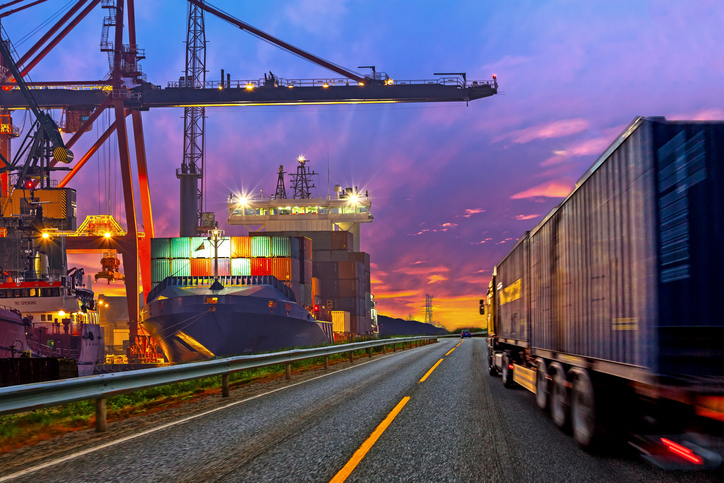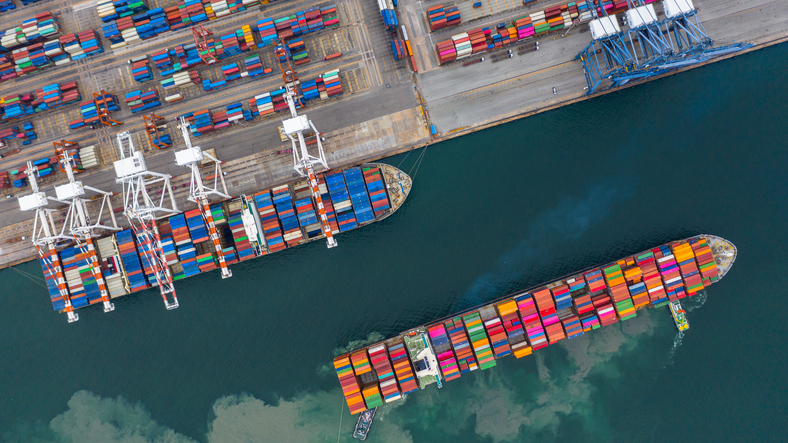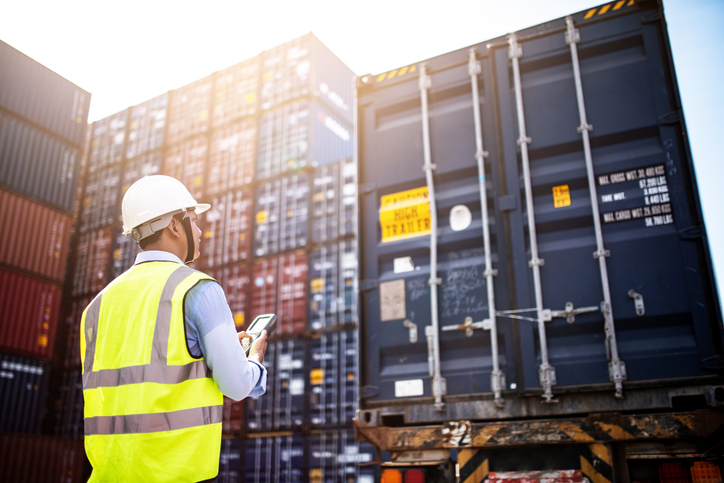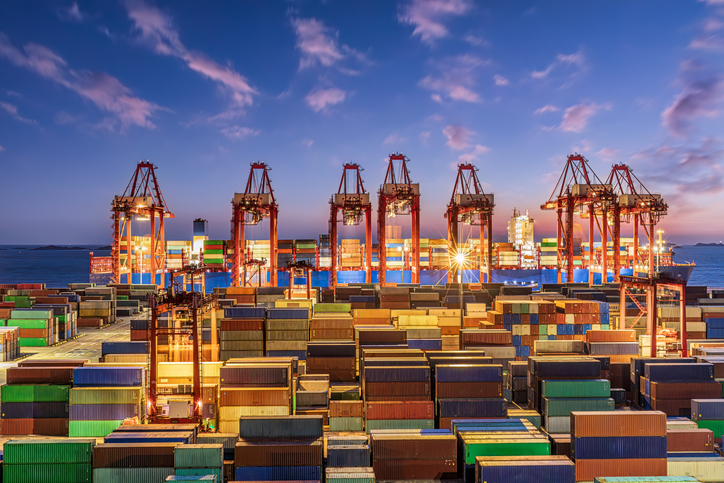
The Weekly Roar
In this week’s Roar: Retaliatory tariffs, slowdown in the transpacific, EU and reshaped supply chains, new carbon charge on ocean shipping, and how AI is revolutionizing supply chain management.
The US-China trade war continues to escalate, with the latest salvo from China coming Friday. In a statement, China retaliated against the reciprocal tariffs from the US by raising its levies on US goods to 125% from 84%, according to the Customs Tariff Commission of the State Council. This follows a busy week of tariff news published by the Trump administration who confirmed on Thursday that the US tariff rate on Chinese imports now effectively totals 145%. The news of the week also includes Trump removing the just announced reciprocal tariffs for all countries except China for 90 days.
With the trade war raging and demand dropping, transpacific shipping lines are increasingly canceling sailings. Ocean Network Express (ONE) has indefinitely suspended its PN4 service, originally planned for May. Other carriers like SeaLead and TS Lines have also withdrawn services, and more cancellations are expected. As far as analysts are concerned, these service cuts are directly linked to tariff-driven uncertainty and weaker volumes. Blanked sailings reflect the broader instability in global trade logistics.
 The EU is reshaping its supply chains in response to geopolitical shifts and changing industrial policies. An analysis of trade patterns between 2021 and 2023 shows that EU imports began shifting away from countries without trade agreements, favoring intra-EU trade, neighboring regions, and distant but aligned partners. This is in line with its objective of reducing dependencies and improving resilience. However, it does create short-term challenges like potential short-term price increases and reliance on specific agreement partners.
The EU is reshaping its supply chains in response to geopolitical shifts and changing industrial policies. An analysis of trade patterns between 2021 and 2023 shows that EU imports began shifting away from countries without trade agreements, favoring intra-EU trade, neighboring regions, and distant but aligned partners. This is in line with its objective of reducing dependencies and improving resilience. However, it does create short-term challenges like potential short-term price increases and reliance on specific agreement partners.
There are other cost pressures for supply chains besides tariffs. The European Union’s new carbon charge on ocean shipping is set to begin in 2027. This levy will require shipping companies to pay for their carbon emissions when calling at EU ports, regardless of the flag they fly. The hope is to incentivize the adoption of cleaner technologies and fuels, which would, in turn, address the approximately 1 billion tons of CO₂ emissions produced by maritime transport annually. While negotiations are ongoing, there are concerns about increased costs, the complexity of implementation, and the risk of some ships diverting to avoid EU ports.
Touted as the “most transformative technology of the decade,” AI is revolutionizing supply chain management by automating repetitive and hazardous tasks. This allows employees to focus on enhancing business value in strategic or creative roles. AI-driven automation improves efficiency and reduces errors in areas such as inventory management, demand forecasting, and logistics. AI should be seen as a tool that augments human intelligence, leading to a workforce that’s more skilled and productive.
For the rest of the week’s top shipping news, check out the article highlights below.









